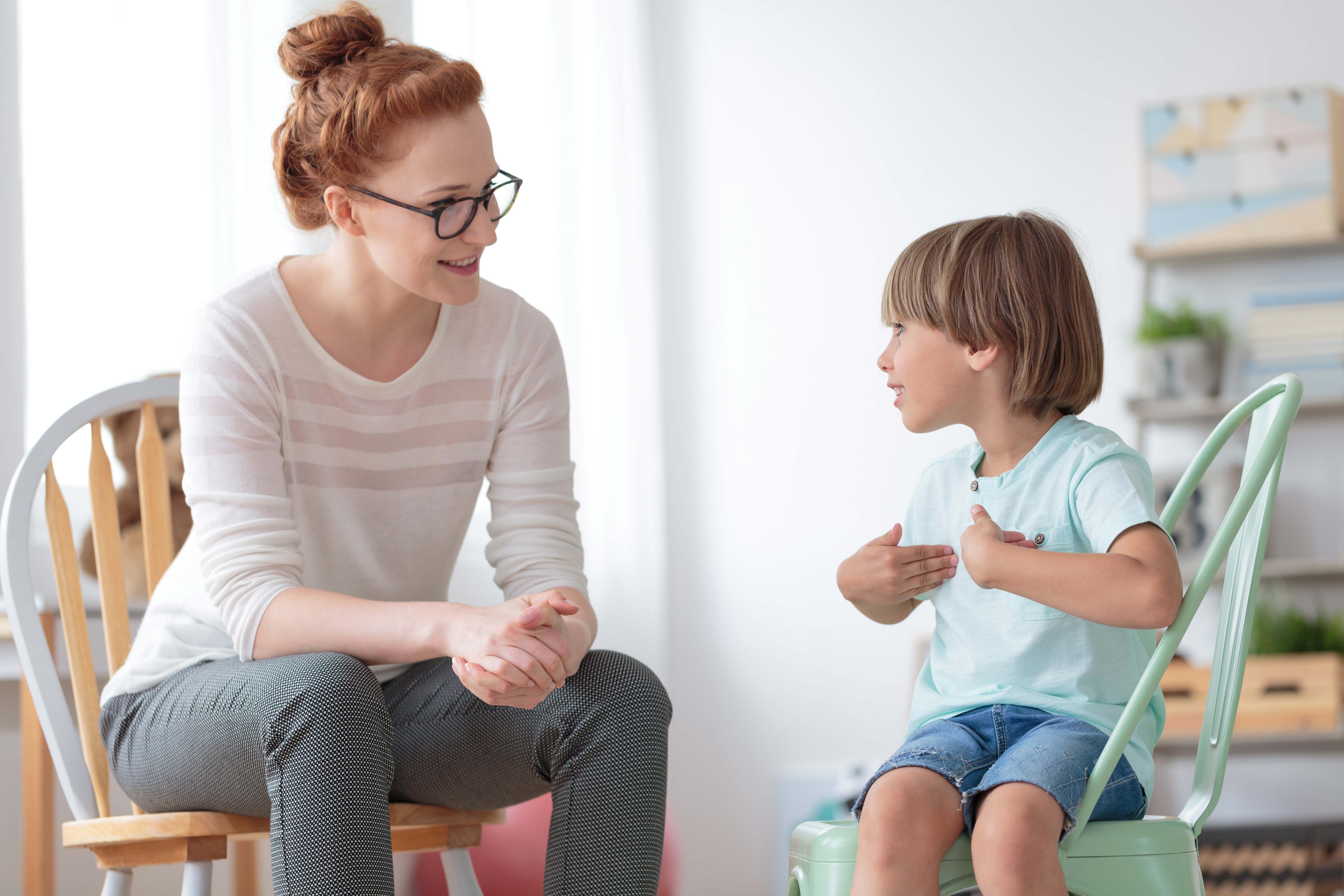Blog
Handling Discussion with Your Children Regarding COVID-19

Watching the news about COVID-19 can be alarming and concerning, especially with a young family. The hardest thing is often knowing what to say to your children and how to calm them if they ask questions or express fears. Dr. Kyle Pruett Clinical Professor of Child Psychiatry at Yale School of Medicine, shares advice for parents about how to effectively address their children’s questions and soothe their fears during this time.
Keep TV and social media away from your children. If you are watching TV, make sure it is on a channel with children’s entertainment and not the news.
Be aware of conversations with other adults that might clue young ones into your level of anxiety, if you indeed are anxious. Make sure the children are not in earshot of the dialogue.
Rehearse with a partner or friend what you feel ready to answer. The inevitable and often-repeated questions from your children may include – Is everybody getting sick? Do I need to wear a mask? Will Grandma be ok? Why do I have to wash my hands? Practicing what to say will help you to not appear fearful or anxious when it comes time to talk with your children.
Do not force your children to talk about this matter. Don’t assume they are fearful just because others around them are feeling uncertain. Wait for the questions and you’ll have a better idea of what’s actually on their minds. You’ll also improve the odds of your answers being useful.
The most important thing you can do, which you have probably already done, is to create an open environment in which questions are welcomed rather than feared and enjoyed for the opportunity to help your child better understand the world around them. Take the time to let your children express how they feel. Avoid jumping in and interrupting them as they speak.
Here are a couple of suggested narratives if you need some help getting started:
“The virus is a very small germ that has made some people sick, but our home and your school are safe. We know what to do.” Don’t succumb to the temptation to say that it will “never happen here.” Trust is really important, so don’t make up answers.
“To make sure we stay healthy, let’s all wash our hands as a family five (5) times a day. We can make it fun. What song should we sing while we wash our hands?” Face-touching is of course very common and part of a child’s life and is unlikely to yield to parental pressure, so emphasize the hand washing. Avoid pulling hands away from faces at every second. You and your children will only end up frustrated. Hand washing can also give children a sense of control if they are anxious about getting sick.
Consistency and routines signal to young children that things are “normal.” Keeping regular schedules are important. Only adjust them if asked to by your school, medical advisors in your community or government officials.
The important thing to remember is to keep healthy and calm yourself. Try not to show any anxiety. Your children take their cues from you – if you aren’t appearing worried, neither will they.
Article and Content provided by: KYLE PRUETT, M.D.
Through his groundbreaking work in child psychiatry, Dr. Pruett has become an internationally known expert on children, family relationships and fathering. He is a clinical professor of child psychiatry at Yale School of Medicine and is the author of award-winning books Me, Myself and I and Partnership Parenting.

